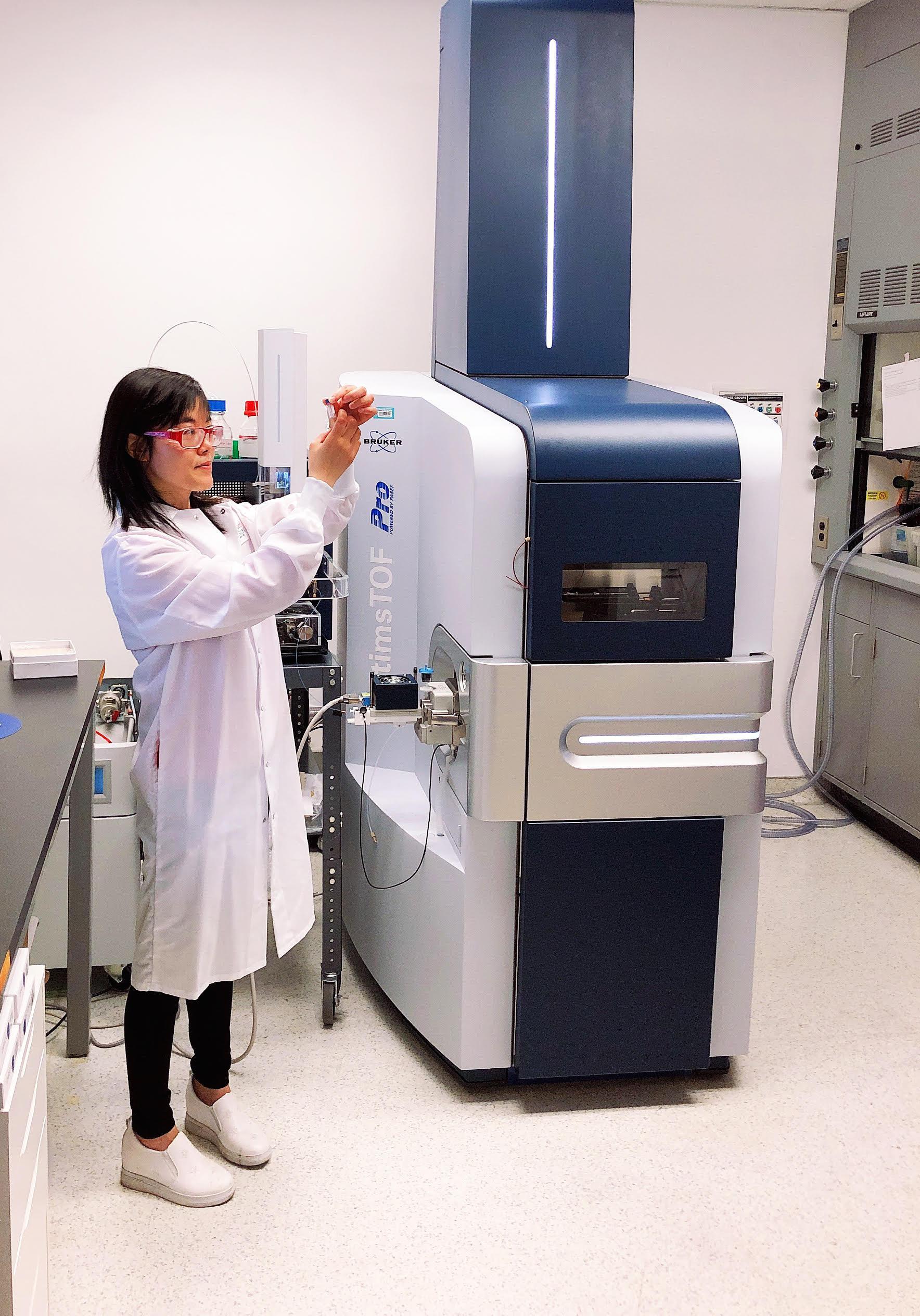
Study reveals cancer cells’ ability to communicate over long distances

Scientists in Switzerland have discovered that cancer cells use tiny bioparticles known as exosomes to communicate and send information via the bloodstream. This breakthrough could help in the development of cancer immunotherapy techniques.
Exosomes are microscopic spheres less than 100 nanometres in size secreted from most cells in the body. They contain information on the form of nucleic acids, proteins and markers, and help transfer data between cells.
“It was a huge surprise, we didn’t expect to find so many melanoma cancer cell markers in blood exosomes,” said Hubert Girault, head of the Laboratory of Physical and Analytical Electrochemistry at the Federal Institute of Technology (EPFL) in Valais.
The findingsExternal link, published in the journal Chem, offer insights into how cancer cells communicate and send information around the body.
EPFL researcher Yingdi Zhu used cell culture and mass spectrometry to isolate melanoma cancer cell exosomes. She was able to identify cancer cell markers in exosomes for each stage of melanoma growth.
When analysing the blood exosomes of melanoma patients, the researchers found large quantities of cancer cell markers. The blood collects and transports all the exosomes that the body generates.
While healthy cells usually produce exosomes in small quantities, cancer cells produce many more. But it was previously thought that these would be so diluted in the blood that they would be hard to detect.
Up to now, it was thought that cancer cells were unable to communicate over longer distances within the body. This inter-cellular communication is thought to facilitate the spread of cancer cells by preparing tissue for metastasis.
The team also found that the markers offer an indication of how developed the tumour is. This means that a simple blood test, rather than a biopsy, could provide information about the presence of a tumour and its stage, and perhaps even be used to predict therapeutic responses. This would help to speed up the diagnostic process.

In compliance with the JTI standards
More: SWI swissinfo.ch certified by the Journalism Trust Initiative





























You can find an overview of ongoing debates with our journalists here . Please join us!
If you want to start a conversation about a topic raised in this article or want to report factual errors, email us at english@swissinfo.ch.